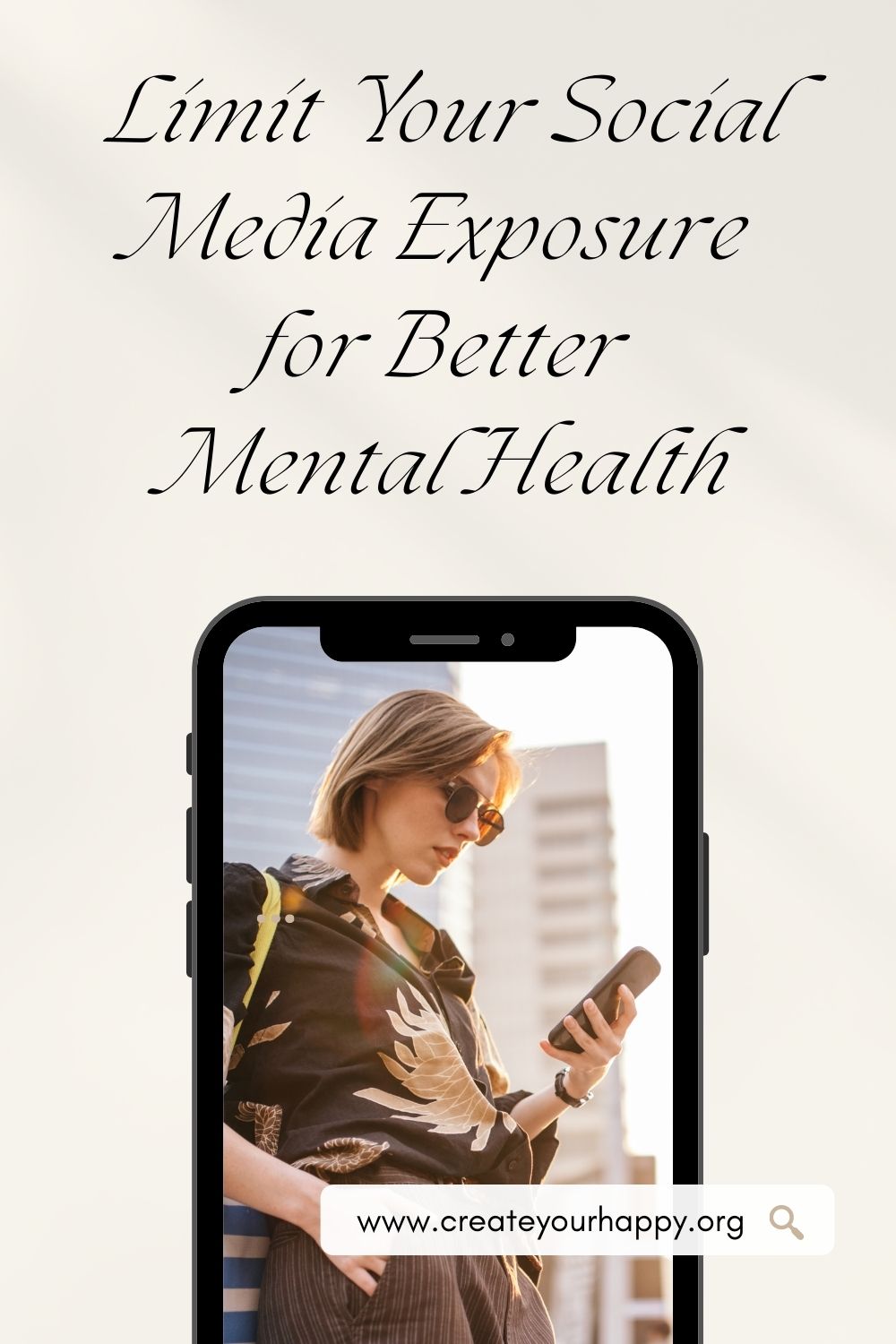Last Updated on May 20, 2022 by Shane Corbitt
Are you on Facebook? Billions of people around the world are. Maybe you prefer Snapchat or Tik Tok, Instagram or Twitter. Whatever your preferred social media poison, you probably don’t think you spend too much time there. You might want to think again.
As of 2022, the average daily social media usage amounted to 147 minutes per day.
That alarming bit of info comes to us from Statista.com, a stat gathering company with access to extensive global databases. If you live in the Philippines, you’re probably spending somewhere around 3 hours and 53 minutes each day on social media, on average. They have the dubious distinction of leading the world in that category.
That means that Typical Tom and Average Alice socialize online for at least 2 hours and 27 minutes. As you can imagine, the numbers are higher for teens and adolescents than for adults in most cases. Why is this a problem? Let’s take a look.
Social Media and Mental Health, Not a Good Relationship
Most people log onto their favorite social network for positive reasons. They can’t be in the physical presence of their friends and loved ones. So they use the Internet to hook up. They exchange funny stories, amusing pictures, and videos. They are there to have a positive experience.
That doesn’t always happen, though. While forming a social connection with others can lower feelings of stress, anxiety, and depression, the online experience is often different.
The Virtual World Is No Substitute for In-Real-Life Connections
Social media sites, chat rooms, forums, and other places online where you can engage with other people can never replace the real world, human interactions. That’s because things happen in the human body when person-to-person contact is made in the real world. This triggers the production of hormones that drop stress levels. Simultaneously, you feel happier, healthier, and even more positive.
This is an automatic, unconscious, and natural process. It’s why most people feel a need to get out of their homes and socialize. A problem arises when real-world interactions are replaced with excessive social media exposure.
Instead of reducing feelings of anxiety and depression, those emotions are exacerbated. Teens and adults who spend too much time on social media are likelier to feel sad and dissatisfied, lonely and frustrated. Unfortunately, this exposure also leads to suicidal thoughts and tendencies in some cases.
Cut back on your social media usage. Spend more time outdoors with the people you care about. Leave your phone at home whenever possible. Cut the digital cord in any way you can, and your mental health will get a boost. A wonderful benefit is that these same behaviors have been linked to positive physical health changes.










